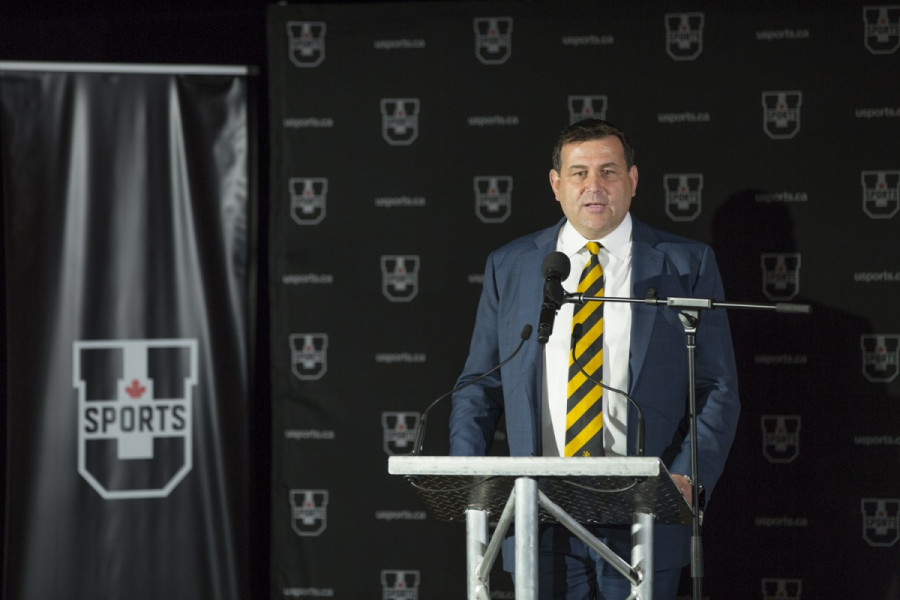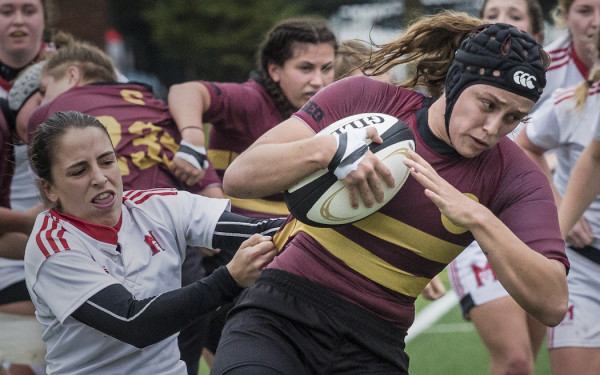U Sports Announces New Policy for Transgender Student-Athletes
Policy Aims to Be Inclusive to All, Effective Immediately
U Sports announced in a press release Thursday morning that it has adopted a new policy aimed at being inclusive to all athletes.
The policy states that student-athletes now have the choice to compete with the team corresponding to their sex assigned at birth, or the team corresponding to the gender they identify with. The policy is effective immediately and applies to each of the 56 member institutions across the country.
Student-athletes will be able to select the team that they feel best represents them and will be permitted to compete with the team corresponding to their gender identity so long as they comply with the Canadian Anti-Doping Program.
This policy is the result of two years of research and collaboration between the U Sports Equity Committee and the U Sports Board of Directors. The project began in 2016, with the hopes of ensuring “that all students at Canadian universities have equal opportunities of being selected to varsity teams regardless of their gender or their gender identity and expression,” said Lisen Moore, Chair of the U Sports Equity Committee in Thursday’s press release.
Since then, the team has been working closely with its members guided by the Canadian Centre for Ethics in Sport’s report titled “Creating Inclusive Environments for Trans Participants in Canadian Sport.”
In accordance with the report, students are not required to undergo hormone therapy, a process that can eat up time and money very quickly which would have rendered the policy counterproductive.
Other stipulations of the policy include that student eligibility remains five years, and that they may only compete on varsity teams of the same gender category during a given academic year.
Concordia University athletic director, D’Arcy Ryan feels that this policy is a step in the right direction and that this reflects well on the values of university athletics in Canada.
“I think it shows that university sport is trying to be at the forefront of current issues and that they want to be a leader in developing policy that is as inclusive as possible for all of our student athletes,” he said.
Ryan also stressed that Concordia’s varsity programs should have no problem adapting to this new policy.
Another fundamental connection to this policy’s inception and development is the Canadian Association for the Advancement of Women and Sport and Physical Activity, who also provided feedback throughout the process.
“Diversity and inclusion are hallmarks of high performing groups and are central to the future of sport,” said Allison Sandmeyer-Graves, Chief Executive Officer of the organization. “We applaud U Sports for their leadership on this topic in setting out a transgender inclusion policy that is based on evidence and reflects a sincere commitment to building an inclusive sport system. We hope others are inspired by this example.”


_600_832_s.png)

4_600_375_90_s_c1.jpg)
3_600_375_90_s_c1.jpg)
1_600_375_90_s_c1.jpg)
